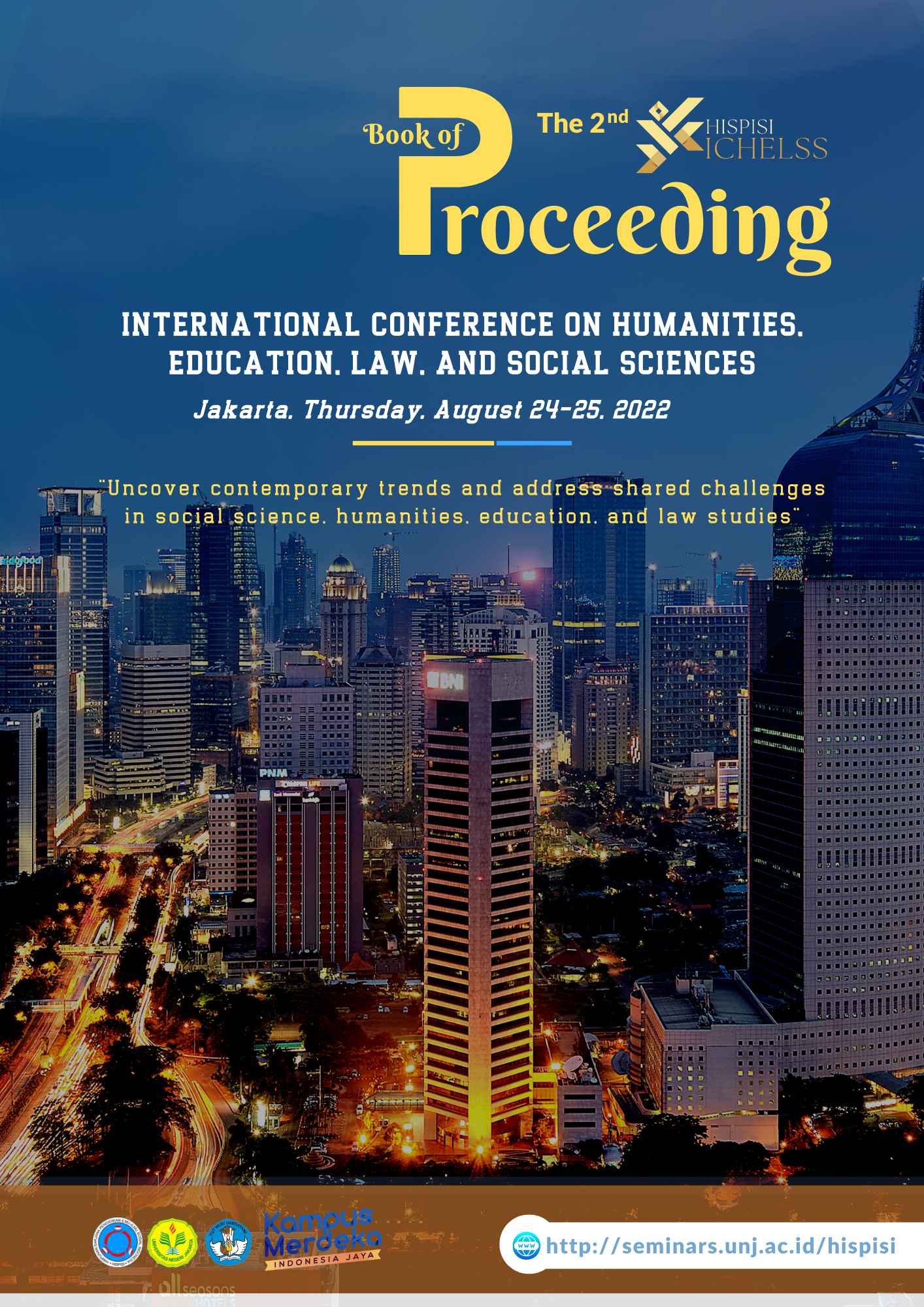Religious Identity Among Students in Urban Area: A Case Study of MATAN
Abstract
This research covers the study of religious identity with a case study of MATAN students as part of urban Sufism experience. This research explains the development of Muslim identity among university students in urban areas that developed with the influence mainly by student organizations based on the largest Islamic organizations in Indonesia, namely Nahdlatul Ulama and Muhammadiyah. Currently, however, the student identity related to Sufism can also be witnessed in Indonesian urban universities through the establishment and development of MATAN. This is qualitative research using library research as a data collection method. The case study applied in this research is MATAN or Mahasiswa Ahlu Tariqah Al Mu'tabarah an Nahdliyah. This study shows that religious identity among students related to Sufism is indicated by characteristics including the implementation of Islamic teachings; Sufism spiritual-based academics without leaving rational intellectuals; development of Sufism to achieve Akhlaq Al-Mahmudah (noble characters); Tasawuf ethics socialization; Amar ma'ruf nahi mungkar; and love of the motherland/ nationalism. The development of religious identity with a Sufism color is a new phenomenon among students and in the future, it is expected that it will give a thicker spirituality color to the student movement in Indonesian universities.


